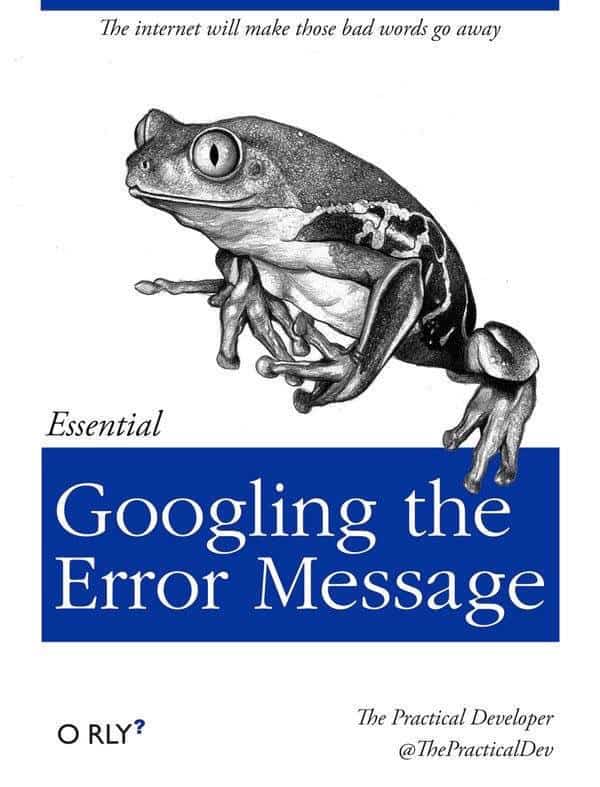This is the definitive resource on finding answers:

Even Neo is Impressed
This is the definitive resource on finding answers:

When submitting bug reports, it is a good idea to
With that in mind, let me introduce to you the Best Bug Report Comment, Ever†
First the bug report:
[snip]
I don’t have the exact errors to post because I deleted my compile log, but they are the same errors you get if you don’t have the bzip2 development libraries installed, which of course I do in /www
[snip]
Then someone helpful asks for more information.
Please recompile so that you can tell us te exact errors.
Derick
And then, GOLD:
The php developer who added/maintains bzip2 support will know what I am talking about. I am not going to compile when I know this! It would be a waste of my time.
Wow.
Now, not to worry; a few minutes later the submitter saw the error of his ways, compiled his code, posted the exact error message and got help.
Learning how to ask questions is a skill. Mastering this skill can only help, because everyone (even the Super-cool techno guru) has to ask for help at some point, so why not be as effective as possible?
† Until I find another one. That place is GOLD!
Recently, at a client, I had the opportunity to review their security implementation on their website. I realized that it is very important to never try to design one’s own security, because of the Dunning Kruger effect. In a nutshell, folks who don’t know very much about security think they know “enough,” and folks who are very knowledgable (e.g., Bruce Schneier) realize they don’t know all that much.
So what does this mean? It means simply this:
If you design your own security system, you’re going to get it wrong.

Here are some examples of how to get things wrong.
The first step is admitting that you don’t know what you’re doing.
Now go find someone who does: there are plenty of security libraries out there for every language. Find one that is mature and widely used and implement it. Keep up to date on the library’s mailing list so you will receive alerts, and update whenever there’s a new version.
Security is hard to do. It is extremely hard to do correctly. Don’t fall into the trap of thinking you can get it right without years and years of study and experience.